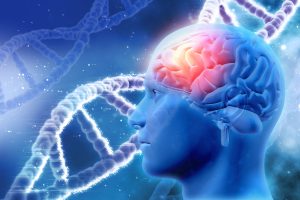When it comes to heart health, ECG (Electrocardiogram) and ECHO (Echocardiogram) are two of the most commonly recommended tests. Many people undergo these as part of their routine health check-up or on their doctor’s advice — and often breathe a sigh of relief when the reports come back normal.
But here’s the truth:
A normal ECG or ECHO does not always mean your heart arteries are perfectly healthy.
Understanding Coronary Artery Disease (CAD)
Coronary Artery Disease (CAD) occurs when the arteries that supply blood to your heart become narrowed or blocked due to cholesterol deposits (plaques). This reduces blood flow and can lead to chest pain (angina) or even a heart attack.
So, Can ECG and ECHO Detect CAD?
The answer is Yes and No!
Let’s understand why:
ECG (Electrocardiogram)
An ECG records the electrical activity of your heart.
It can detect:
- A current heart attack (when it’s happening)
- Signs of a past “silent” heart attack
However, an ECG may appear completely normal even if you have significant blockages — especially if you are not experiencing symptoms at that time.
ECHO (Echocardiogram)
An ECHO uses ultrasound waves to create images of the heart.
It helps in identifying:
- Heart muscle damage from a previous silent heart attack
- Valvular heart diseases (like leaky or narrowed valves)
- Aortic aneurysm and other structural heart abnormalities
But just like ECG, an ECHO cannot detect blockages in the coronary arteries unless there has already been damage to the heart muscle.
What Does This Mean?
A person may have significant narrowing in their heart arteries and yet show no abnormalities on ECG or ECHO.
This is why these tests, while important, cannot fully rule out Coronary Artery Disease.
When to Do Further Tests
If you experience typical cardiac symptoms such as:
- Chest pain or heaviness
- Shortness of breath
- Pain radiating to the arm, jaw, or back
- Unexplained fatigue
…and your ECG and ECHO are still normal — your doctor may recommend further tests such as:
- Treadmill Test (TMT)
- CT Coronary Angiogram
- Coronary Angiography
The choice of test will depend on your symptoms, age, and risk factors.
In Summary
ECG and ECHO are valuable screening tools — they help in early detection of many heart conditions.
But they cannot always detect blocked heart arteries.
Dr. Ashwin Kumar
MBBS | MS (Gen Surgery) | MCh (Cardio-Thoracic Surgery)
Consultant – Cardiothoracic Surgeon














